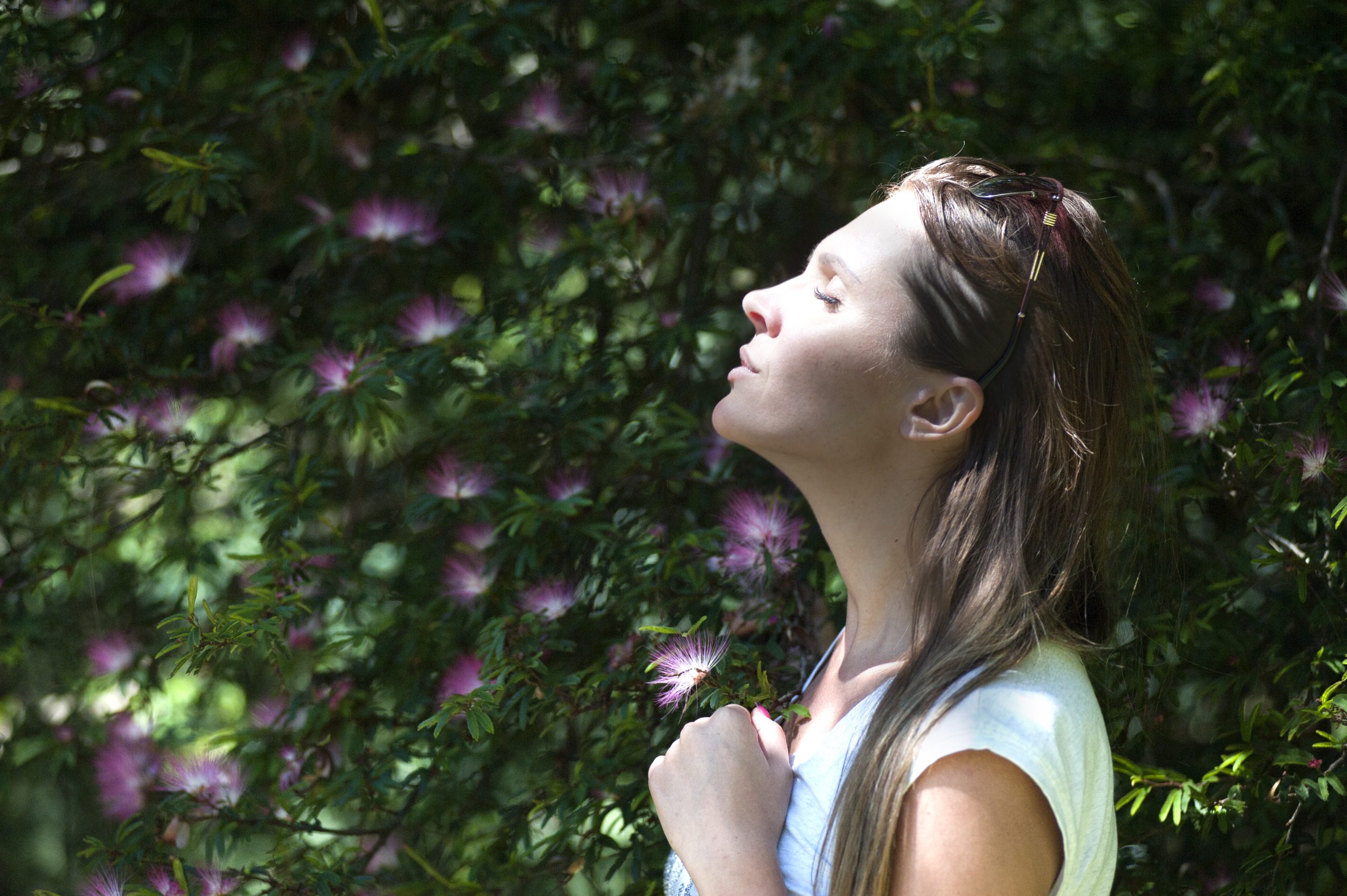Aussie Olympic skier Sami Kennedy-Sim was just 23 years-old when she suffered a stroke. After months of rehabilitation and training, Sami overcome incredible odds and went on the represent Australia at the Winter Olympics in Sochi, Russia. Here’s her heroic story of determination and triumph…
Sami Kennedy-Sim, 25, is an Australian freestyle skier who recently competed at the 2014 Winter Olympics in Sochi, Russia. She lives between Manly on Sydney’s Northern Beaches and Jindabyne, in the NSW Snowy Mountains. But unlike many typical 25 year-olds, Sami has an incredible story. The Olympic athlete, who posted six top-10 finishes in World Cup races during the 2011/2012 season, suffered an infarct stroke (cerebral infarction) in April 2013, at just 23. After five days in hospital and months of treatment, Sami made the incredible decision to resume training for the Winter Olympics. Sami was back racing in August 2013 in Australia and then completed the full World Cup season. Success came at the Val Thorens World Cup in France just as the Olympic selection period was ending, with Sami qualifying in 30th and fighting her way to finish in 4th place overall.
Sami achieved her goal, representing Australia at the 2014 Olympic Winter Games in Sochi, Russia in February. After two big crashes during the race, Sami finished in 28th place, but left with an Olympic Games under her belt and a taste of what to expect, as she strives towards medal contention at the next Olympic Winter Games in Korea 2018.
Go Sami! Flying through the air to beat the competition and make it to the Winter Olympics in Sochi, Russia.
So where does this incredible determination come from? Sami explains…
What was your health and lifestyle like before the stroke?
“I have always been an active and healthy person – being an elite athlete doesn’t give you too much room for bad habits. So naturally it was a great shock to learn that I had a stroke a little over one year ago.”
Did the doctors give any reason for why you experienced a stroke at such a young age?
“No. There have been a few hypothetical explanations laid out on the table – lifestyle factors such as travel spiked some curiosity, as well as injuries, surgeries and just ‘luck’. Most cases of stroke in young people never have an identifiable reason of why they occur.”
How did you feel emotionally when you realised you had a stroke?
“I felt hopeless. The initial feelings were ‘why’ and ‘how’ and ‘it’s not fair’. But when life gives you lemons, make margaritas! I am getting better and better now, but I get scrambled – sometimes in a very happy situation I find myself getting upset, or in an angry situation I can’t help but laugh. It is confronting at times, but I am working on it.”
How did the news affect your dreams to be an Olympic athlete and your career?
“The first thing I said to my mum was, ‘I am never going to the Olympics’. Obviously at the time the focus was on my health, but being an athlete is who I am and I never decided I would let it be taken away from me.”

Sami wasn’t going to give up those Olympic dreams lightly…
What was theDoctor’s prognosis?
“I had one doctor who told me that I was selfish for aspiring towards Olympic representation and being an athlete, but I don’t think she considered how things would have been for her at my age, if she was in the same situation. When you are faced with adversity, you can want to overcome any obstacle, but it is the people around you who make the difference. I am fortunate to have the most supportive family and friends as well as the support if the Australian Institute of Sport, who helped facilitate my rehabilitation.
When did you decide you wanted to train for the Winter Olympics?
“When you have been wishing for something as long as I had been (I was 4!), you learn to remind yourself what you are striving towards when things get tough. It was in hospital that I told myself that I wouldn’t let my goals and I would get to Sochi.”
What did the Doctor’s advise when you told them?
“Slow and steady wins the race! I had to do nothing for a couple of months and then slowly re-introduce exercise into my program. I am lucky because my muscle memory is pretty good and I adapted back into full-time training really quickly. I was making gains in the gym and then was back on snow by August.”
Your inner strength and resilience – how would you describe it?
“Sometimes it feels like it is non-existent. But I am only human! I have some days where it is all I can do – not to give up – and other days where I decide that in order to succeed I need to boost someone who is feeling low. I love helping people and believe that is why I continue to be an athlete.”
Advice for other young women overcoming the odds?
“Surround yourself with active, smart and motivated people. Don’t be afraid of change and turn anxiety into excitement when facing challenges. And most of all, smile.”
Check out www.samikennedy.com for more info on Sami.
All images supplied by Sami Kennedy-Sim/Getty Images















